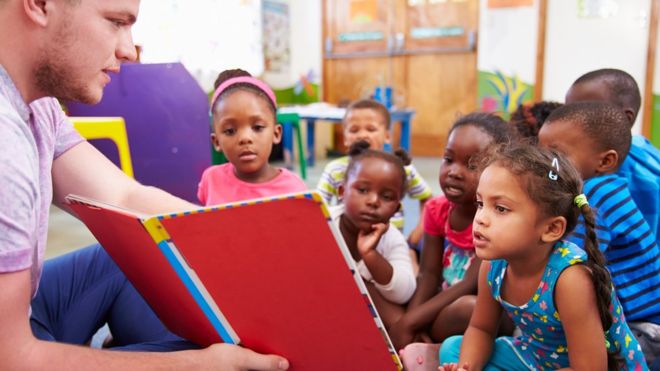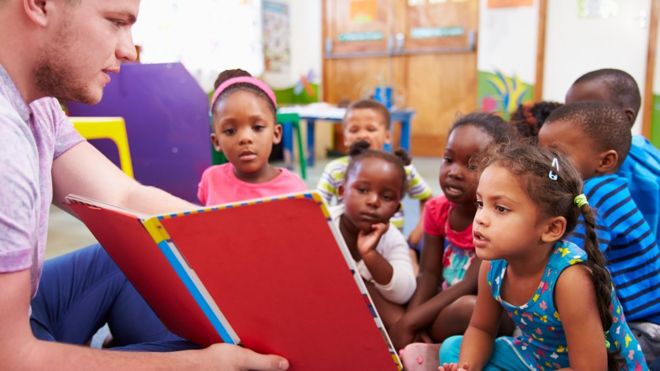Yesterday I came face to face with a parenting failure of my own creation, illuminated by my desire for clean floormats. The encounter also highlighted the importance of a ‘new’ focus on education, so I thought I’d share.
I went to the carwash recently, and after vacuuming the floorboards, I decided to do the floormats at home so I could use the brush attachment on the shop vac to get the dog hair out. I tossed the floormats in the trunk (hatch actually, who has a trunk anymore?) and promptly forgot about them. Yesterday, my 16-year-old son asked if I had any chores that he could do for some extra money, and I remembered the floormats. I told him what I wanted to be done—clean them and put them back where they belong—and sent him to his task.
A few minutes later he showed up at the door to my office with a floormat in his hand.
“I can’t figure out where this goes.”
I turned around to look at him and I froze. A dozen thoughts and snarky comments flew through my head, including one of my standards, “I gagged down horse-pill sized prenatal vitamins for 10 months and I get, ‘I can’t figure out where this goes’?????” There are only four floormats in my car; two of them are identical and two are mirror opposites of each other… how hard can this be? Still stunned by the question, I continued to stare for what must have been a ‘long’ time because he finally said, “You’re not going to help me with this, are you?”
I decided to go with “I love you, honey. I’m sure you’ll figure it out.”
I’m a teacher and it’s summer, so I have a little time on my hands and this exchange with my only child was bothering me. My husband and I are both educators and my husband had a career in the military. We are both problem-solvers by nature and certainly assumed that we were raising a problem-solver, although I had another encounter him earlier this summer that should have been a warning to me. I won’t go into the details, but he was helping me with something in my classroom and I said, “Son, I’m going to need you to do a little better with the problem-solving…” (we live in the Deep South, so please hear me saying that with my accent in full force).
I’m stuck with this question plaguing me…how did this happen????
My concern is that this characteristic is not unique to my son – – – I see it all the time in my classroom and I’ve heard the same complaint from people in the ‘real’ world when they interact with young people. More than just another generation’s version of ‘kids these days’, this seems to be a specific and legitimate concern.
|
He shared that he’s had concerns about other generations of soldiers being pampered or unaccustomed to physically grueling training, but the current generation is the first that’s had trouble with the thinking part. He’s been interacting with the youth of America since the Korean War, and this is new.
|
I recently had the honor of dining with a group of US Army Special Forces veterans and one of them was entertaining us with tales from his work with current recruits. He commented that ‘these fellers are no good at solving problems’ (remember where I live) and this is a new frustration for him. He shared that he’s had concerns about other generations of soldiers being pampered or unaccustomed to physically grueling training, but the current generation is the first that’s had trouble with the thinking part. He’s been interacting with the youth of America since the Korean War, and this is new.
The business world is concerned too. In a May 2016 article in Forbes, 60% of managers revealed that they were concerned that their recently hired college graduates lack problem-solving and critical-thinking skills (Strauss, “These Are The Skills Bosses Say New College Grads Do Not Have”, Forbes, May 17, 2016.). Another article in Forbes cites the need for ‘agility’ in the workplace…the ability to overcome (Beaton, “Top Employers Say Millennials Need These Skills”, Forbes Jan. 9, 2017). If something doesn’t work, you have to take a step back and take a different approach, you have to think about why it didn’t work and figure out what might work…you can’t hold up the floormats and declare that you can’t figure it out. Let’s not even get started on the demands of entrepreneurship…
◊♦◊
There are probably lots of reasons why this happened, and just to exorcise that ghost, I’ll share my opinion about what those reasons are. These are digital natives…they have been immersed in technology since earliest childhood. They have literally had the world at their fingertips for most of their lives. There’s a YouTube to show you how to do anything you want to learn how to do, and finding answers isn’t hard. Then there’s the fact that they are the first victims of No Child Left Behind’s focus on standardized testing. Teachers don’t have time to spend a couple of days working on a hard problem (in any discipline) because they must get the kids ready for the test. We told you this would happen and it has. There’s no standardized test for problem-solving, critical thinking or perseverance, so teachers don’t get to teach those things anymore. Finally, consider the parenting trends for this generation. My generation of parents (and I am guilty) has pampered and coddled and helicoptered our kids into learned helplessness that’s hard to challenge.
There you have it…the ‘how did this happen’ is solved, but it was obviously not the right question.
The right question is, how do we fix this?
◊♦◊
The kids are different, the needs of the workplace are different, but the schools are largely the same. That’s where the next change needs to happen, and it needs to be deliberate. Students sitting in rows of desks that all face the front of the classroom so the students all have a good view of the teacher while she teaches so they can all write down what she says or copy if off the board…sound familiar? Some things NEED to be taught that way…most math past early middle school needs to be taught very directly and very deliberately, but other content lends itself to different approaches that allow room to develop the soft skills that our students desperately need.
There is a whole world of possible manifestations of the change that needs to happen, and it’s already happening (at different rates) all over the country. If you haven’t looked into trends in education lately, take a peek…look into ‘21st Century skills’, ‘partnering with digital natives’ and ‘learner profiles’; for a lighter view, check out ‘flexible seating’ and find out what Google Classroom can do in your local schools. If these things aren’t already happening in your local schools, go to the next school board meeting and find out why. Those floormats aren’t going to put themselves in the right spots.
[“Source-goodmenproject”]


















